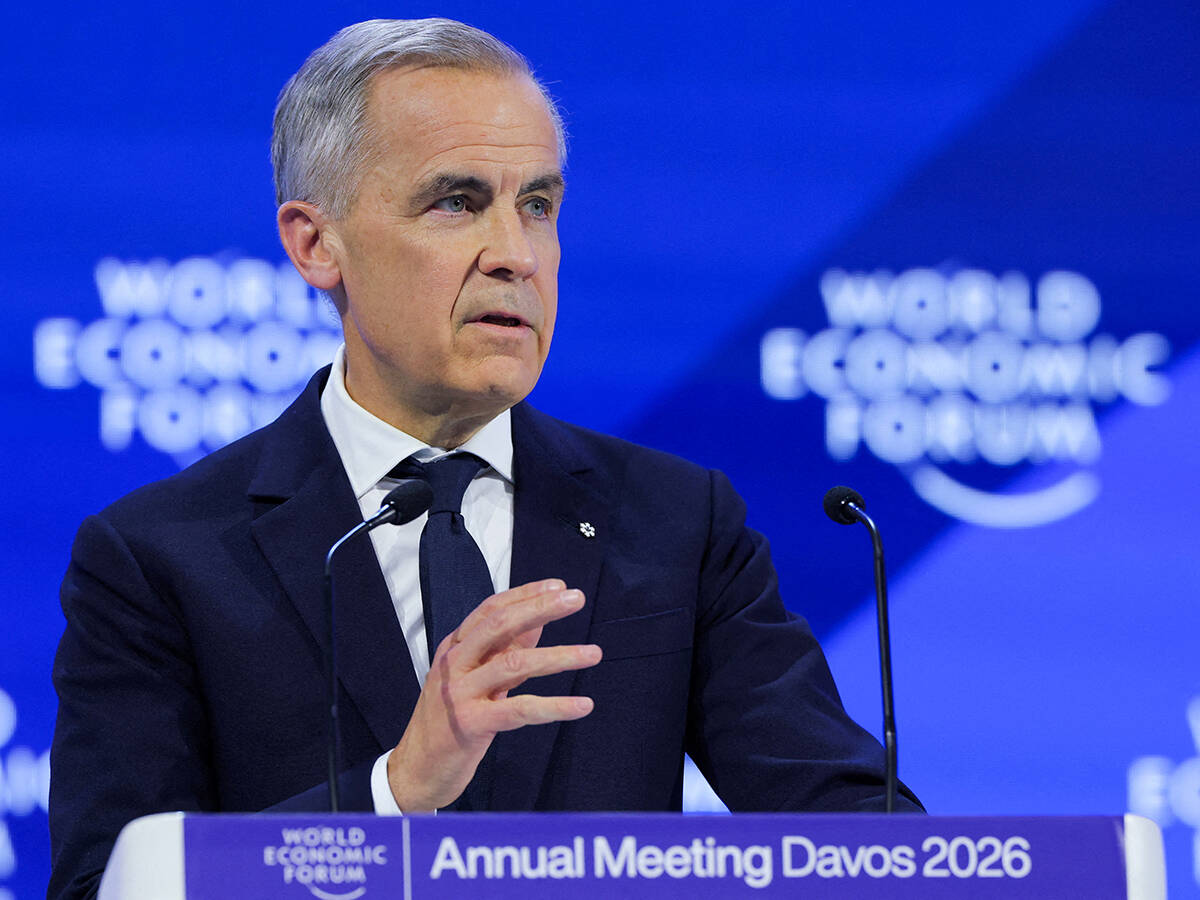Newcomers to rural communities are occasionally shocked at how longtime residents seemingly pay lip service to the democratic process in the name of “getting the job done.”
You know the scene. There is sometimes no election at all at the annual meetings to elect an organization’s officers, simply an affirmation through a show of hands of the people willing to take on the role — again.
In the odd circumstance in which someone new is actually interested in stepping up, members acquiesce to an election, albeit sometimes grudgingly. And there can be a degree of defensiveness on the part of the incumbent who has committed tirelessly for so long.
Read Also

Canadian agriculture has to back up diverse trade if it wants it
Cheap and easy access to U.S. trade is a relic of the past and market diversification is expensive: What’s Canadian agriculture to do?
This isn’t unique to rural communities, but the problem outside of city limits is more pronounced because of depopulation. In so many communities these days, there are simply too many organizations for the number of people left to run them.
Sometimes people shy away from community involvement because they know that when they do take on a role, it might be hard to get out of it. And there’s the well-known joke, which has a measure of truth to it, that if you don’t show up for the meeting, goodness knows what job you’re going to be “volunteered” to do.
It’s the same story, whether it’s a community group, municipal affairs, or politics at a higher level. Public service can be rewarding work, but all too often, it is tedious, tiresome and thankless — something people actively pursuing a career while juggling family duties are content to leave to someone else.
It doesn’t help that constituents are somewhat cynical and suspicious of those who do enter political life — as though somehow they are profiting from their office. Of course, there are always exceptions, but anyone who has looked at the hours put in compared to the annual stipend would have to conclude that while politicians may be motivated by many things, greed isn’t among them.
There will be 11 municipalities in rural Manitoba in which there will be no election Oct. 22. Entire councils will be returned by acclamation. In 48 of the 137 municipalities, the reeves, mayors or heads of council have already been decided. The incumbents have either been doing a good enough job or not doing badly enough to convince someone else to challenge them.
And although there has been some progress, only about 17 per cent, or 267 of the 1,507 candidates in this year’s municipal elections are women. Following the 2010 elections, about 13 per cent of the elected officials were female.
Voter turnout is typically low for Canadian elections — and it is continuing to decline. In the 2010 municipal elections, it ranged somewhere between 28 and 50 per cent in most areas of the province.
Of course, that’s not the case everywhere. There are municipalities where there are healthy competitions for the available seats. And there are councils on which women are proving themselves to be every bit as capable at leading as their male counterparts.
But it is a challenge indeed for civic and municipal leaders to engage their constituents.
Of course, to participate — or not — is our choice, one of the many privileges we enjoy living in a country like Canada.
Sometimes you learn about home by going away. Such was the case in 1990 when I was given the opportunity to travel for the first time in Africa as part of a Canadian Co-operative Association tour.
Travelling down a rural highway in southern Zimbabwe, we came across a striking image — hundreds of factory workers dressed in uniform overalls walking towards a town that was several hours away on foot. They had been allowed to leave work early and were on their way to vote in their country’s national elections. It was only 10 years since a bloody revolution had given the people of that country the right to vote, offering at least the illusion of democracy.
At that point in time, people had faith and enthusiasm for a process they had fought hard to obtain. Voting was a privilege, not to be squandered.
Of course, recent history has shown democracy in Zimbabwe, along with many other places in the world, exists in name only. We see reports almost daily of places in this world where people struggle for the right to survive in the face of political and religious strife, let alone participate in a fair election process.
There are many places in which women are not allowed to vote, let alone seek public office, places where speaking up or stepping out of line is a death sentence.
We enjoy many luxuries living in Canada. But in my books, the ability to choose our governments and community leaders through an open and fair democratic process ranks near the top.
It deserves more of our attention than an attitude of simply “getting the job done.”
Not all of us can seek public office. But taking the time to vote is one courtesy we can offer the people who do.
















